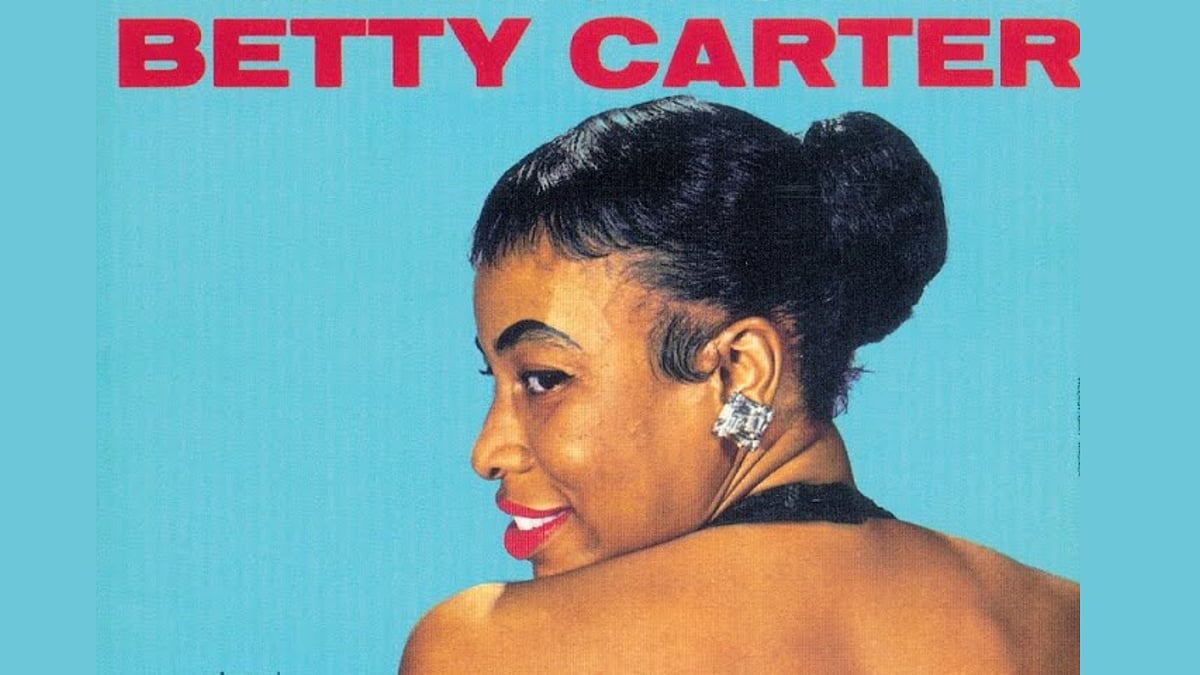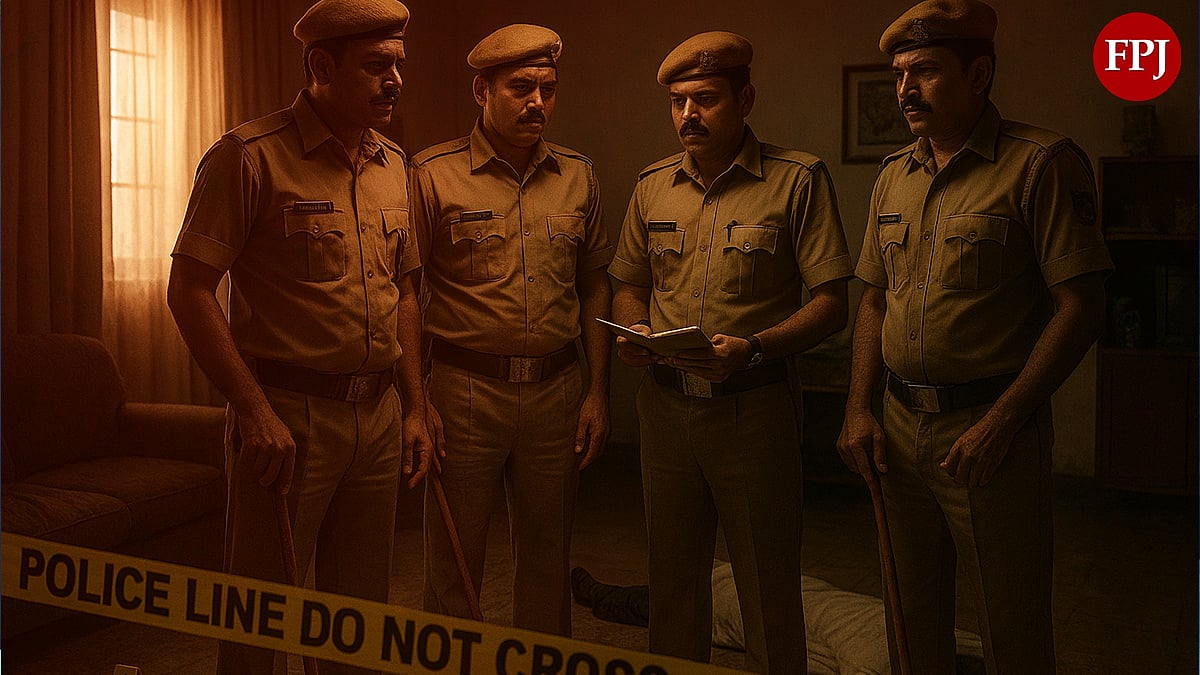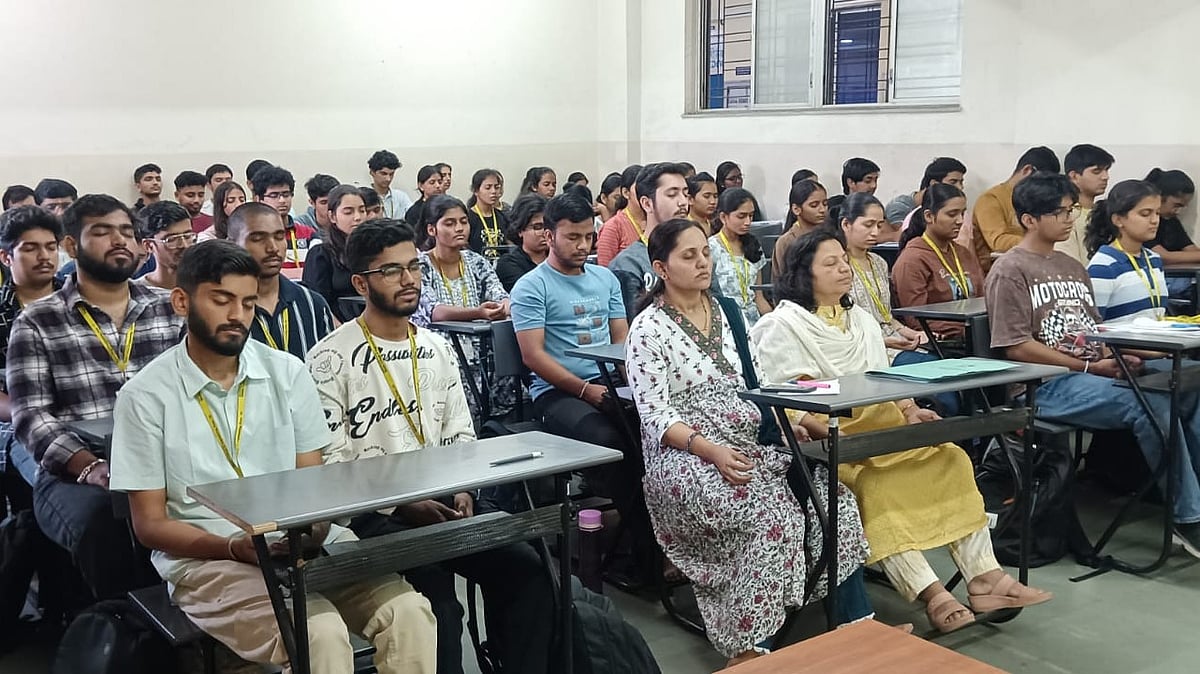Jazz ain't nothin' but soul. Could it BE any truer? (You just read it in Chandler Bing’s tone, didn’t you?) Jazz has its own language and it can only be adapted by listening to more and more of it. Most jazz singers of the time began singing jazz with a background of classical music but the queen of improvisation Betty Carter was an exception to it.
In 1929, Lillie Mae Jones, the future Betty Carter, was born in Michigan. Betty was introduced to music at an early age as her father, James Jones, worked as a music director at a church in Detroit. Though she admitted that she was never close to her parents even in her thirties. Betty was forever estranged from her parents, who could never truly appreciate her. Therefore, Betty built her musical career on her own. She started singing at the age of sixteen. She used to sneak out of the house and sing in the bars. Ironically her father, despite being a music director himself, never supported her choice of career. Betty, being too young to sing in the bars, faked her birth certificate and kept doing what she loved! Soon after she made her debut in the jazz arena, she rose to fame and it was only natural. Her style proved to be unique, one of a kind and ahead of her time. The attention of the whole 'jazz scene' turned to this new girl. Her breathless technique and the drama in her songs was novel to the scene. In her song ‘Jazz ain't nothing but soul’ Betty says,
Jazz is livin' high off nickels and dimes
Telling folks 'bout what's on your mind
Jazz ain't nothin' but soul.''
Like many of her black singer contemporaries, she may have had bitter experiences (which I am sure she did), but Betty was the only one who so openly acknowledged the luxurious and privileged aspect of jazz.
After being admired by legendary jazz saxophonist Charlie Parker at the age of 16, Betty worked with Miles Davis - known as the 'Prince of Darkness' in the jazz world - and got her first big break in 1948. Lionel Hampton, a famous jazz composer and pianist, asked her to join his band. Although Lionel was a jazz musician, he had an affinity for 'bebop' music, and Betty's mature and somewhat husky voice suited that style. Lionel's wife gave Betty the name 'Betty Bebop' but Betty rejected it in disgust. Not only that, she openly criticized Lionel's 'swing' style of music. Lionel was an irascible man and Betty, who had been raised on her own since childhood, didn't like being told what to do. She didn't agree with Lionel's style and unfortunately Betty's 'scatting' vocals didn't go down well with the band at least during the band's career.
Her signature singing style of playing with the words effortlessly as if a story is being told, breaking the meter of the song and coming back to the beat later became her identity. Millions of people flocked to hear her distinctive form, but it only caused controversies between Betty and Lionel and she left the band in 1951. Even before that, Lionel is said to have fired her seven times.
Although Lionel's band had been a disappointment to Betty, when she arrived in New York in 1951, she was much more evolved and proficient than before. She recorded with talented jazz singers and musicians such as King Pleasure and Ray Bryant, and performed at the Apollo Theater—which was an indication of her entering the mainstream music. Betty continues in the song,
Trumpets, cussing, saxophones
Rhythm, making love, People wearing fancy clothes
It's the voice of my people!
The word 'my' in the last line is especially related to her being coloured. Jazz and blues are both musical forms that black people have gifted to the world. Living this 'jazzy' life, Betty reached the pinnacle of success in 1960. Ray Charles, a world-renowned jazz-blues musician, began touring with Betty on the advice of Miles Davis. In 1961, the duo also recorded a duet album in which the song 'Baby It's Cold Outside' became world famous and it still is.
At the end of ‘Ain't nothing but soul’, Betty says,
‘’For me, jazz is all the truth to be found, Never mind who's putting it down!’’
Betty was a passionate and self-reliant woman. As an artist, she has always stayed true to herself. She continued to sing jazz till the end with pure soul and determination. More on Betty's somewhat rough but jazz-enriched life in the next one.










